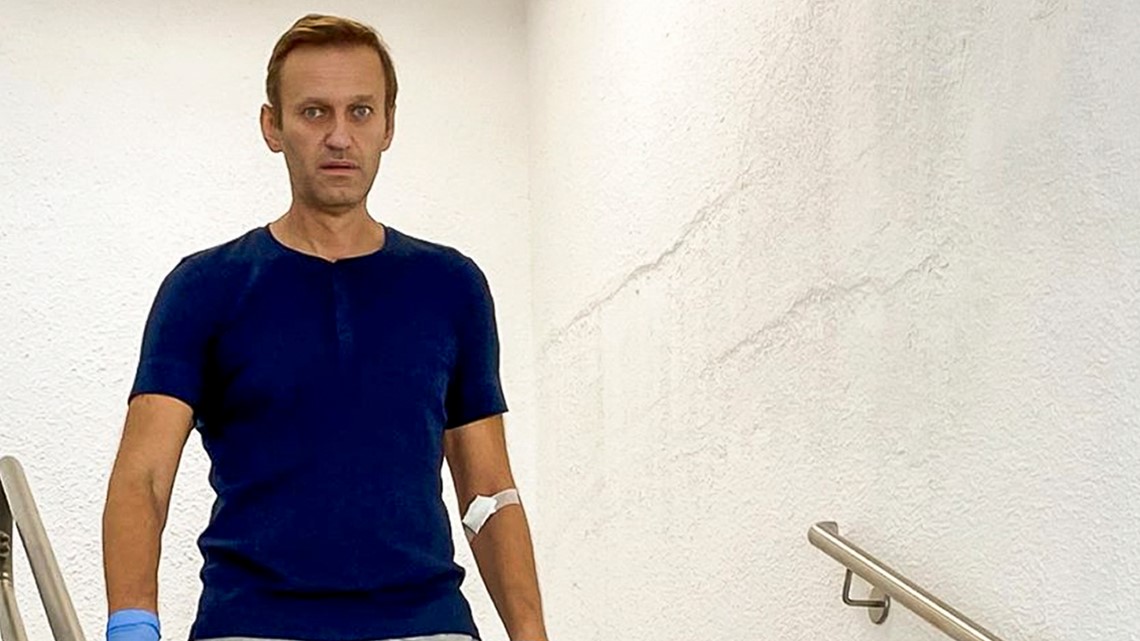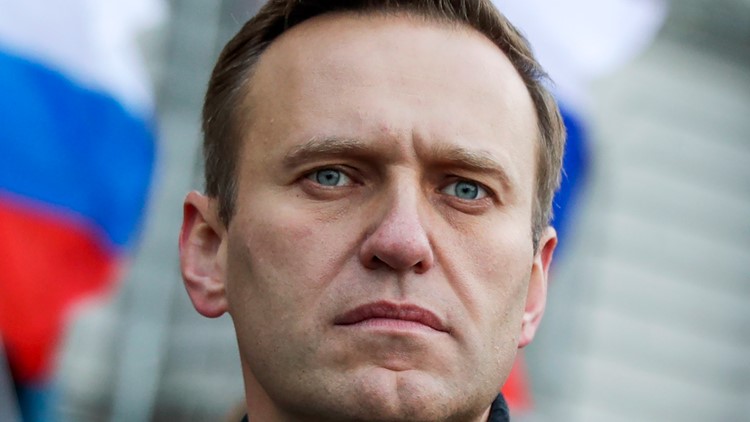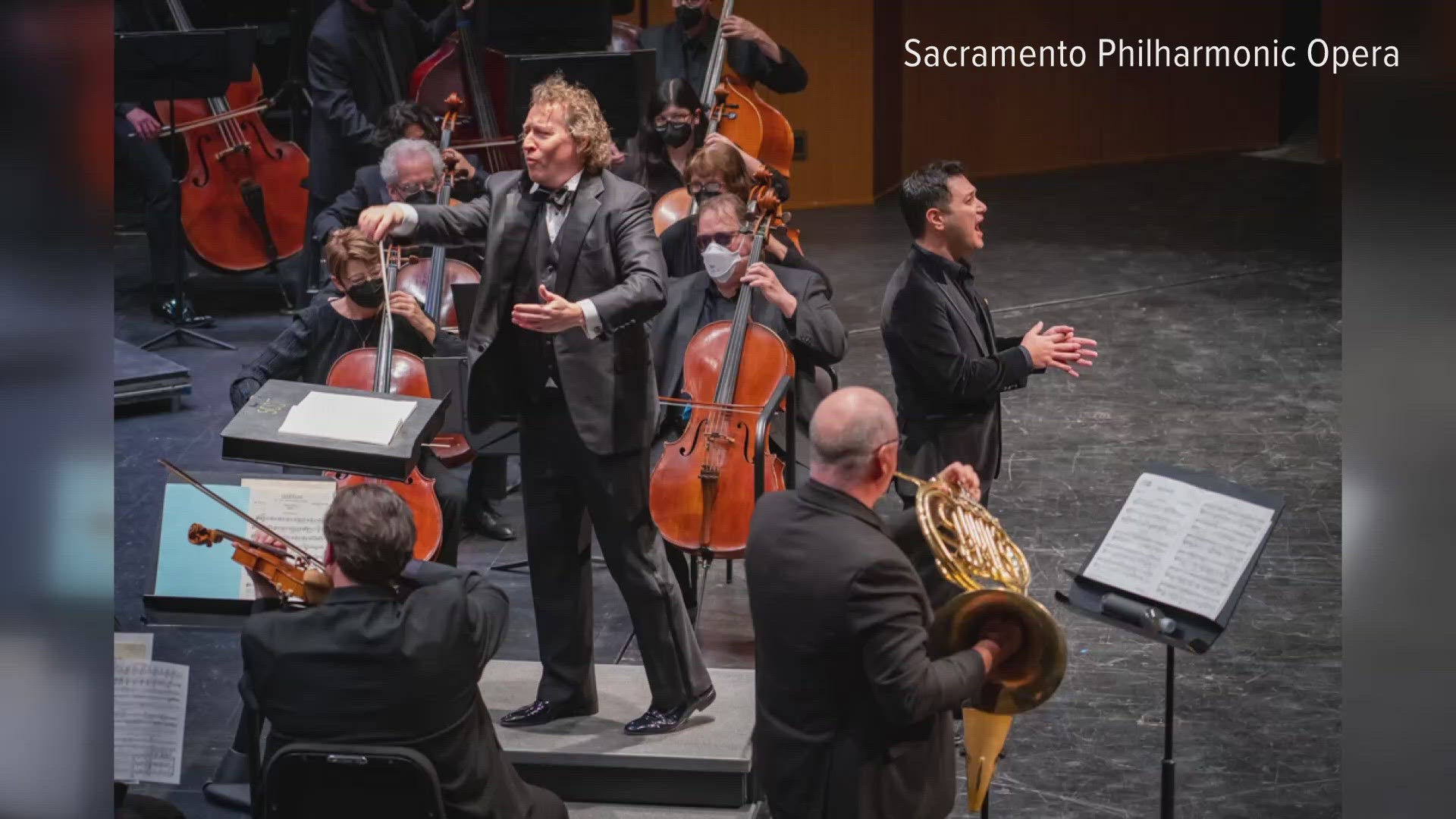WASHINGTON — The Biden administration announced sanctions of Russian officials and businesses Tuesday related to the poisoning and jailing of opposition leader Alexei Navalny, whose detention drew tens of thousands of protesters out into the streets of Russian cities this winter.
Senior administration officials announced the sanctions but did not immediately identify the Russian officials named in them. The Biden administration also announced sanctions for 14 businesses and another enterprise, most of which it said were involved in production of biological and chemical agents.
Tuesday's sanctions would be the first of several steps by the Biden administration to “respond to a number of destabilizing actions,” said one of the administration officials, who briefed reporters on condition they not be identified further.
The sanctions are the first against Russia by the Biden administration, which has pledged to confront President Vladimir Putin for alleged attacks on Russian opposition figures and hacking abroad, including of U.S. government agencies and U.S. businesses. President Donald Trump had spoken admiringly of Putin and resisted criticism and many proposed penalties of Putin’s government.
The Biden administration coordinated the sanctions with the European Union, which already had imposed sanctions against a small number of Russian officials and is expected to announce more. Some rights groups have faulted the EU for not targeting the most important Russian officials allegedly involved.
The Biden administration had forecast for weeks actions against Russia. Besides the Navalny sanctions, officials have said the administration plans to respond soon to the massive Russian hack of federal government agencies and private corporations that laid bare vulnerabilities in the cyber supply chain and exposed potentially sensitive secrets to elite Kremlin spies.
Navalny, 44, was sickened last August by a Russian nerve agent, Novichok, in an attack that the United States and others linked to Putin’s security services. After months of recuperation in Germany, Navalny flew home to Moscow in January and was arrested upon arrival for an alleged parole violation.
His detention sparked street protests across Russia. Police arrested thousands of demonstrators. Authorities have transferred the opposition leader to a penal colony to begin serving a sentence, after what rights groups said was a show trial.


___
Associated Press writer Eric Tucker contributed to this report.



